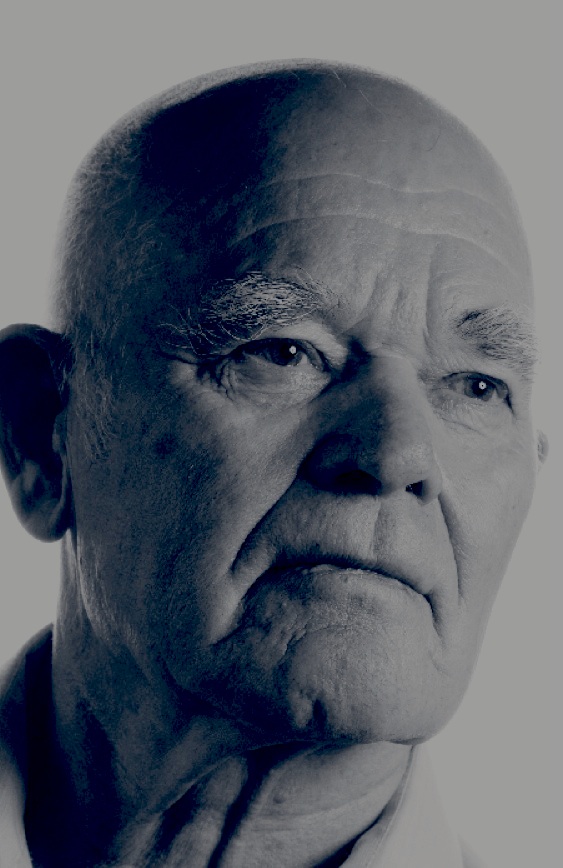By Towards Better Sleep Facilitators, Kathryn Smith, Clinical Psychologist & Dr Curt Gray, Psychiatrist
Lest We Forget will be pledged across the nation this Anzac Day as we approach 100 years since Gallipoli but for many of our veterans and ex-servicemen, forgetting the unforgettable seems a challenge too great.
Trauma regularly touches our community. Watch the evening news and you will witness traumatic events like car accidents, assaults, hold ups, natural disaster, terrorism and war.
Experiencing a traumatic event or the atrocities of war can have a marked impact on people’s lives. While most people are able to recover from trauma, others go on to develop psychological disorders such as posttraumatic stress disorder (PTSD).
PTSD is characterized by sufferers persistently re-experiencing the traumatic event, through intrusive recollections, distressing dreams, or flashbacks. Sufferers may also try to cope through avoiding things that may be associated with the event, or memory. They may also experience mood and other changes such as irritability, anger, concentration difficulties, hypervigilance or being startled easily.
But consistent amongst PTSD sufferers is disturbed sleep with symptoms of increased arousal, nightmares, dream re-enactment on occasion, and excessive movements during sleep. Many of these problems contribute to insomnia.
Recent studies by University of Calfornia’s Berkeley research team led by Prof. Matthew Walker found that REM (Rapid Eye Movement) sleep, the vivid dreaming stage of sleep that comprises 20% of a normal person’s sleep cycle, is compromised in PTSD sufferers. This has significant implications for well-being and recovery.
“The dream stage of sleep, based on its unique neurochemical composition, provides us with a form of overnight therapy, a soothing balm that removes the sharp edges from the prior day’s emotional experiences,” explains Dr Walker.
The good news is treatment can help to improve sleep disturbance in PTSD, particularly taking a holistic approach that combines psychological treatment like cognitive behavioural therapy and image rehearsal therapy with medication for sleep.
Reducing feelings of stress is imperative when on the road to emotional and mental recovery after experiencing trauma. A few simple ways to help improve sleep health include:
- Making sure your sleep environment feels safe and comfortable. If darkness causes feelings of anxiety, which is common amongst PTSD sufferers, try keeping the room dimly lit.
- Avoid watching the news before bed.
- Develop a relaxation routine before bed. This can be as simple as a warm bath or listening to relaxing music.
- Avoid stimulants like coffee after 3pm.
- Try not to consume more than one alcoholic drink within 3 hours of bed.
Psychology Consultants run a long standing group programme for insomnia sufferers called Towards Better Sleep, a cognitive behavioural treatment programme that uses evidenced based techniques that focus on sleep education, behavioural techniques, correction of unhelpful thinking about sleep and insomnia, and relaxation strategies.
The next programme commences on 14th May 2015 and runs over 6 weeks, visit www.towardsbettersleep.com.au or www.psychologyconsultants.com.au for more information and talk to your GP about the suitability of this programme for you.

You must be logged in to post a comment.